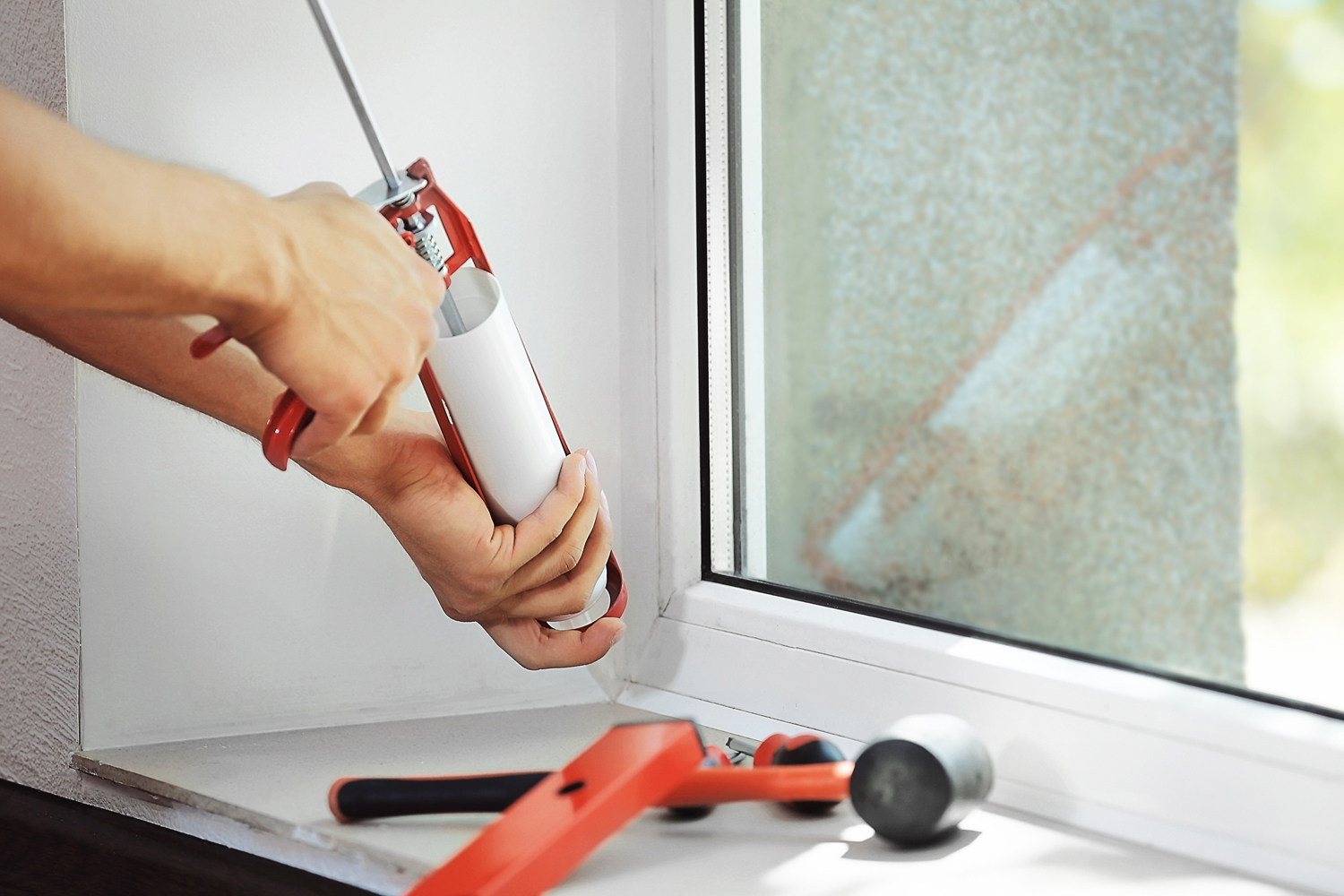Industrial Caulking: Keeping Your Facility Watertight and Efficient
When it comes to maintaining an industrial facility, one often overlooked yet crucial aspect is caulking. Caulking plays a vital role in keeping your facility watertight and efficient. In this blog post, we will explore the importance of industrial caulking services in Sydney and how it can benefit your facility.
So, grab your hard hat and let's dive into the world of industrial caulking!

1. What is Caulking?
Before delving into the benefits of caulking, let's start with the basics. Caulking is a process that involves sealing the joints or gaps between different surfaces to prevent the ingress of water, air, or debris. It is commonly used in industrial settings to seal gaps in walls, floors, windows, and doors. Caulking materials include silicone, polyurethane, and acrylic, with different types of caulking suitable for specific applications.
2. Watertight Protection
One of the primary benefits of industrial caulking is its ability to create a watertight seal. In facilities where water is present or likely to be encountered, such as manufacturing plants, warehouses, and storage facilities, caulking is essential for preventing water infiltration. By sealing gaps and joints, caulking ensures that water does not penetrate into sensitive areas, protecting equipment, inventory, and structural integrity.
3. Energy Efficiency
In addition to providing a watertight seal, caulking Sydney assists in maintaining energy efficiency within your industrial facility. Gaps and cracks in walls, doors, and windows can lead to air leakage, resulting in increased energy consumption for heating or cooling systems. By properly sealing these openings with caulking, you can prevent air leaks, reduce energy waste, and save on utility costs. It's a win-win for both the environment and your bottom line!
4. Enhanced Indoor Air Quality
Poor indoor air quality can be a significant issue in industrial facilities, predominantly due to air infiltration from the outdoors. Unsealed gaps and joints can allow dust, pollutants, and outdoor contaminants to enter the facility, affecting the health and well-being of employees. Caulking is an effective solution for improving indoor air quality by sealing these entry points and preventing the infiltration of harmful particles into the workspace.
5. Increased Durability and Structural Integrity
Over time, industrial facilities are subjected to wear and tear, which can compromise their structural integrity. Caulking helps extend the lifespan of your facility by providing an extra layer of protection against moisture, temperature fluctuations, and vibrations. By sealing gaps and joints, caulking prevents water damage, corrosion, and the entry of pests, ensuring that your facility remains durable and structurally sound.
6. Aesthetics and Professionalism
Not only does caulking offer practical benefits, but it also enhances the overall aesthetics and professionalism of your industrial facility. Properly sealed joints and gaps give a clean and finished look, leaving a positive impression on visitors, clients, and employees. It demonstrates your commitment to maintaining a well-maintained and efficient facility, reflecting positively on your business image.
Final Thoughts
In conclusion, caulking Sydney plays a crucial role in ensuring the watertightness, energy efficiency, and structural integrity of your industrial facility. By sealing gaps and joints, caulking provides protection against water infiltration, increases energy efficiency, improves indoor air quality, enhances durability, and adds a professional touch to your space. So, make sure to prioritise caulking as part of your facility maintenance strategy and enjoy the long-term benefits it offers. Remember, a little caulking goes a long way in keeping your facility shipshape!
Source From: Industrial Caulking: Keeping Your Facility Watertight and Efficient

Comments
Post a Comment